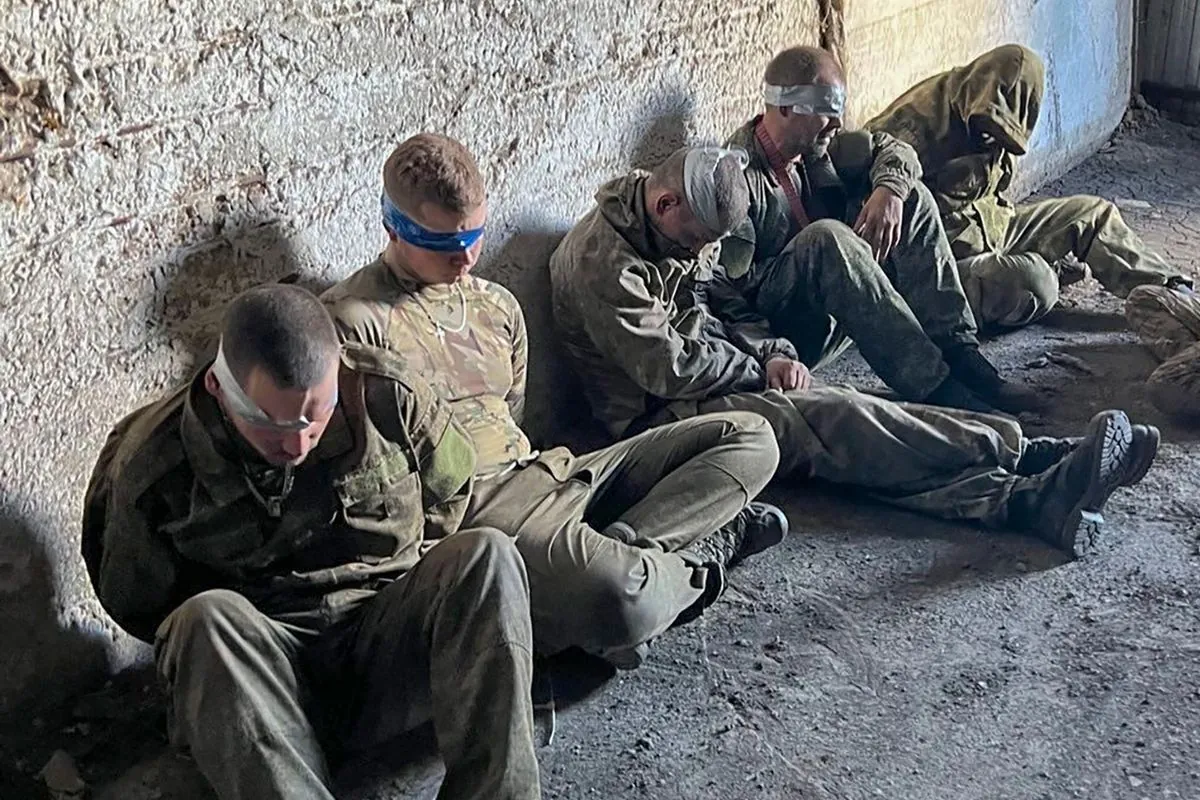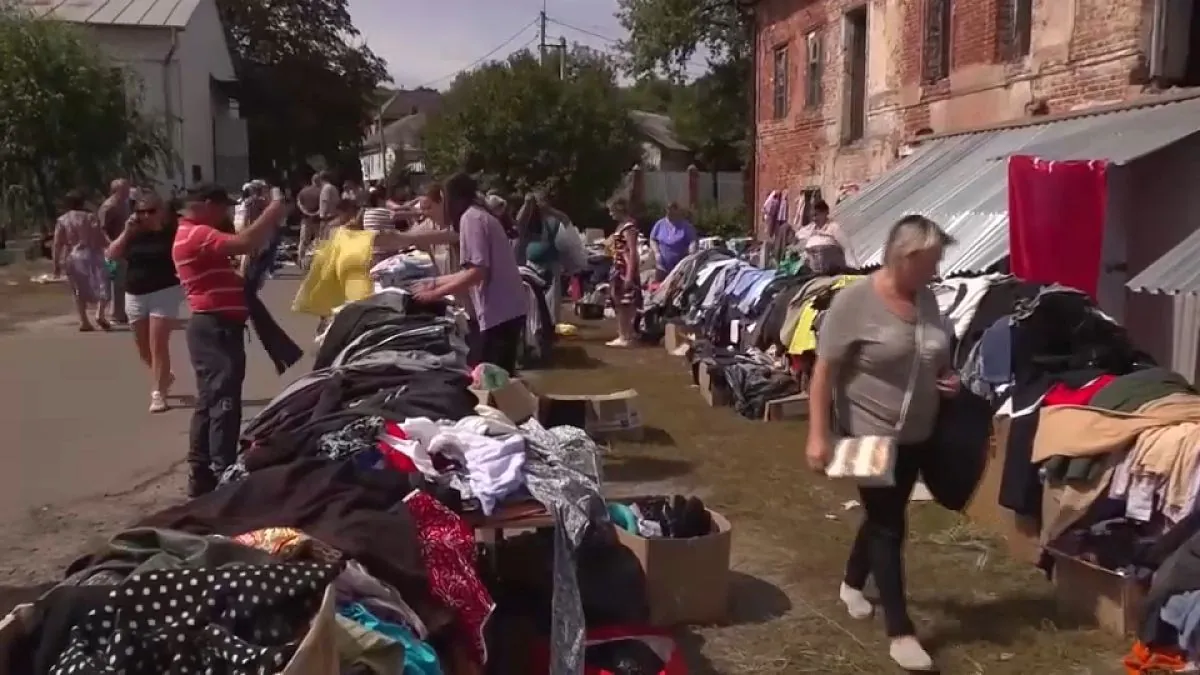Ukrainian Forces Advance in Kursk, Challenging Putin's Leadership
Ukrainian troops push into Russia's Kursk region, catching Moscow off guard. Putin's slow response raises questions about his leadership, as Russian elites reassess their support amid ongoing challenges.

In a significant turn of events, Ukrainian forces have made a swift incursion into Russia's Kursk region, capturing villages and taking hundreds of prisoners. This unexpected offensive, occurring one year after Vladimir Putin commemorated the 80th anniversary of the Battle of Kursk, has forced the evacuation of tens of thousands of civilians and caught Russian defenses unprepared.
The Kursk region, located approximately 500 km south of Moscow and bordering Ukraine, has historically been a point of pride for Russia. The 1943 Battle of Kursk, one of the largest tank battles in history, was a decisive Soviet victory during World War II. However, the current situation presents a stark contrast to those triumphant memories.
Putin's response to this crisis has been characteristically slow, mirroring his reactions to previous challenges during his 24-year tenure. This pattern of delayed action dates back to the Kursk submarine disaster in August 2000, just months into his presidency, when he initially remained on vacation despite the tragic loss of 118 sailors.

The Russian president's apparent unease was evident during an August 12 televised meeting with his security staff, where he abruptly interrupted the acting regional governor's report on the seized settlements. State media has downplayed the severity of the situation, portraying it as a humanitarian crisis rather than acknowledging it as the largest attack on Russian soil since World War II.
This incursion adds to a series of challenges that have undermined Putin's carefully cultivated image as the sole guarantor of Russia's security and stability. Recent events, including drone attacks on Russian cities, the brief uprising led by mercenary chief Yevgeny Prigozhin in June 2023, and the Moscow concert hall attack in March 2024, have further eroded this perception.
The Russian military's struggle to repel the Ukrainian assault has exposed significant manpower shortages. Despite promises to the contrary, conscripts are reportedly being deployed to the Kursk region with inadequate training. This situation is compounded by Russia's vast nuclear arsenal and its reliance on a conscription system that requires young men to serve for one year.
The impact of these developments on Russia's elites, a crucial support base for Putin, is becoming increasingly apparent. Ekaterina Schulmann, a nonresident scholar at the Carnegie Russia Eurasia Center in Berlin, suggests that these influential figures are constantly evaluating whether the status quo benefits them. The ongoing war has worsened their situation, limiting their ability to enjoy their wealth due to Western sanctions.
"Russia's elites could be described as being in a state of 'unhappy compliance'. They are discontented with the status quo, but fearful about who would win if there were to be a leadership struggle."
As the Ukrainian offensive enters its third week, Putin has attempted to maintain his regular schedule, briefly addressing the situation on Tuesday by promising to "fight those who commit crimes in the Kursk region." However, the longer this incursion continues, the more military and political challenges it presents to his leadership.
The Russian Constitution, amended in 2020 to potentially allow Putin to remain in power until 2036, now faces an unexpected test. The question remains whether Russia's elites will continue to support Putin if they conclude that the conflict is unwinnable or that it cannot end while he remains in power.
As the situation unfolds, the world watches to see if this second battle of Kursk will, like its predecessor, become a turning point in the ongoing conflict. The coming weeks may prove crucial in determining the future of Putin's leadership and the trajectory of the war in Ukraine.


































